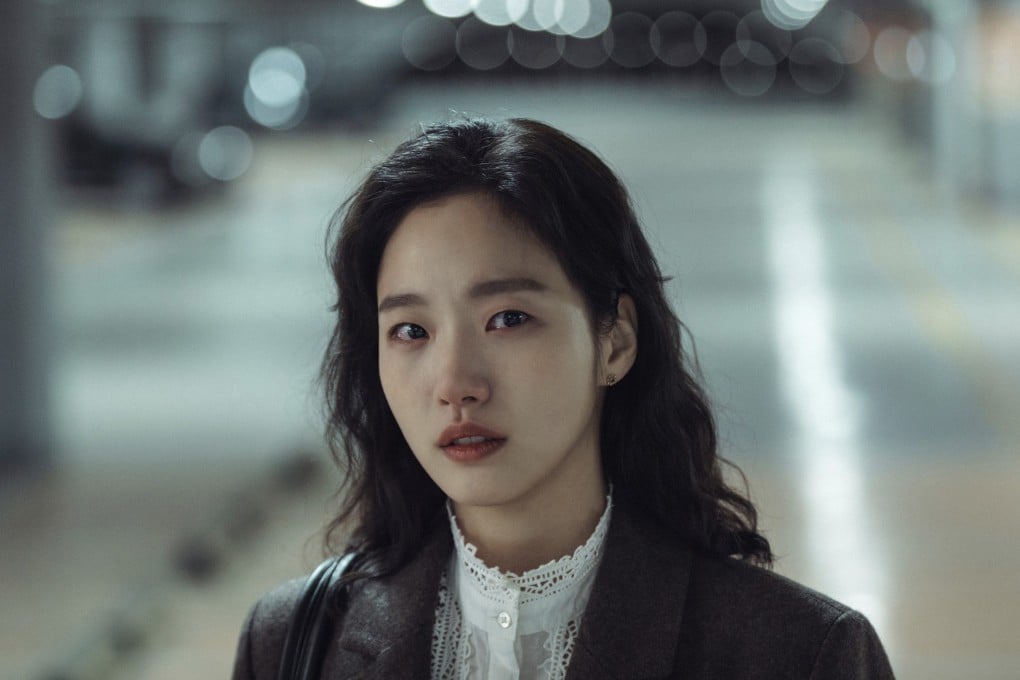Advertisement
Netflix K-drama Little Women: scintillating, must-watch series starring Kim Go-eun, Nam Ji-hyun and Park Ji-hu unlocks the full potential of Korean TV dramas
- Loosely based on Louisa May Alcott’s classic novel, Little Women is shaping up to be the freshest and most original Korean drama series this year
- What sets the show apart from other K-dramas is its perceptive dialogue, rich visual metaphors – and the compelling women characters in a female-driven series
Reading Time:3 minutes
Why you can trust SCMP

Several new Korean drama series are premiering in time for Chuseok, South Korea’s Mid-Autumn Festival and Thanksgiving Day, but all eyes may be on two big ones that paint a fascinating picture of the Korean content industry’s roots, and where it is headed.
The first is Netflix’s big-budget crime drama Narco-Saints, a sweeping and explosive tale of Korean masculinity. Forging a path towards the future, however, is the superlative female-driven Little Women.
Despite being an adaptation – albeit an extremely loose one – of Louisa May Alcott’s 19th century novel of the same name, Little Women is the freshest and most original drama to emerge this year.
Advertisement
In it, Kim Go-eun (Yumi’s Cells), Nam Ji-hyun (The Witch’s Diner) and Park Ji-hu (All of Us Are Dead) play three sisters from a poor family who struggle to provide for each other.
Eldest sister Oh In-ju (Kim) is an accountant at a major corporation, In-kyung (Nam) is a determined television news reporter, and In-hye (Park) studies at a prestigious arts school.
Advertisement
Advertisement
Select Voice
Select Speed
1.00x